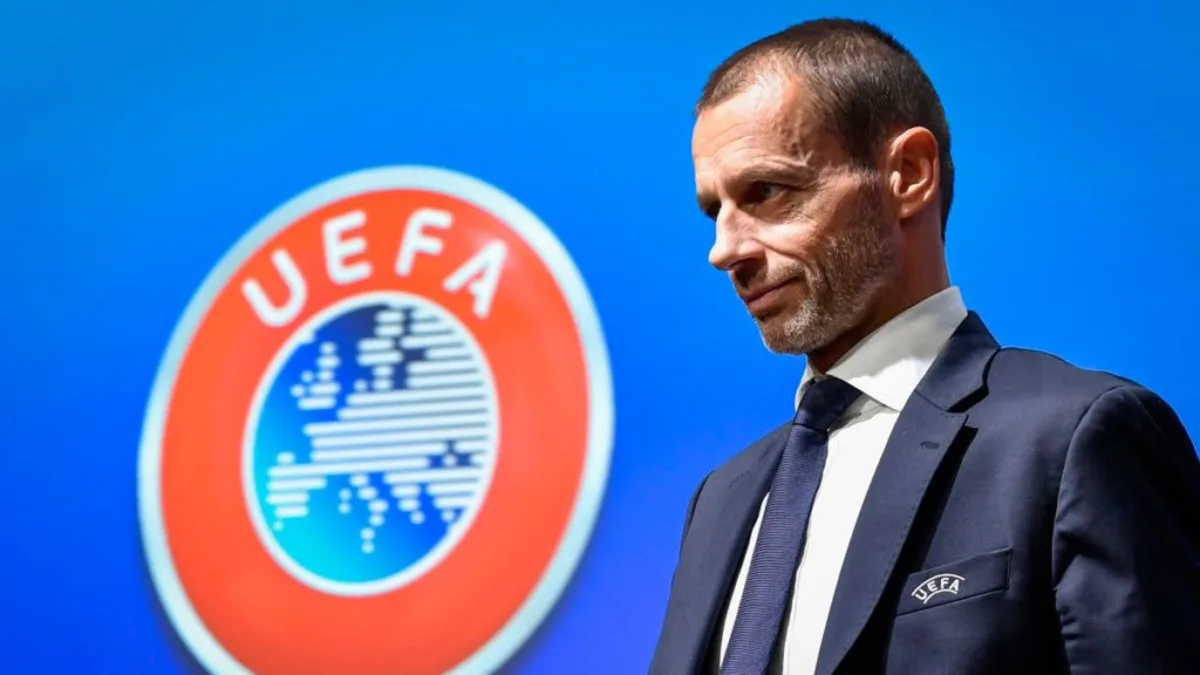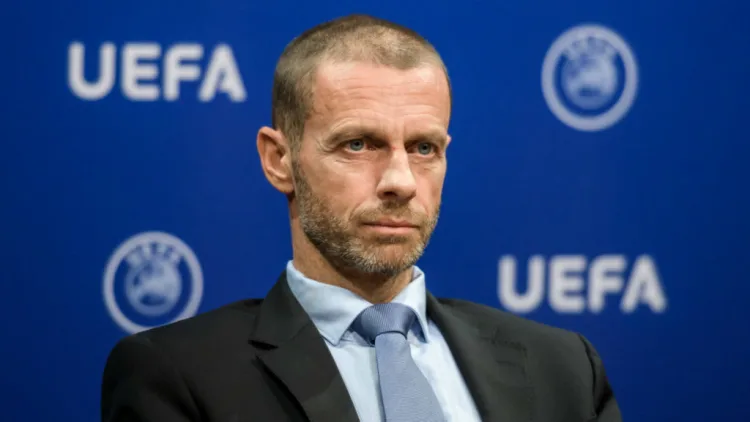What is FSR? UEFA’s new financial rules replacing FFP

Financial Fair Play (FFP) is dead, rise UEFA’s latest idea - the Financial Sustainability Regulation (FSR).
UEFA’s newest attempt to control spending across European football takes the foundation of FFP and proceeds to tweak it - but not in ways that will entirely make it easier for smaller clubs to compete with the elite.
Let’s have a look at some of the key elements of it, and how things have changed.
BREAK EVEN RULES
Under FFP, clubs were allowed to lose a maximum of €30 million across a period of three seasons to comply with FFP. However, those rules have been slightly relaxed.
Teams are now allowed to lose €60m over the same period, including an additional €10m grace amount for those who are in ‘financial good health’. This, in effect, means that big clubs can lose €90m across that same period without any fear of reprisal.
But, in order to offset the supposed relaxing of the key financial driver of FFP, UEFA have introduced another significant element called the squad cost rule.
Our mission is to inspire, activate and accelerate collective action to respect human rights and the environment within the context of European football.][UEFA]}
SQUAD COST RULES
This is, in effect, their sanitised attempt to introduce a salary cap, something close to what La Liga have been operating over the last few years.
It will mean clubs in Europe will not be allowed to spend any more than 70% of total revenue on squad salaries, transfer amortisation and agents commissions.
Even then, this generous ratio will be bedded in gently.
In 2023-24, it will be sent at 90%, then lowered to 80% and 70% respectively across the 2024-25 and 2025-26 seasons.
OVERDUE PAYABLES
UEFA have also pressed home the message that any clubs who fall behind on any payments owed to either the organisation itself, other member organisations, or staff of the club itself shall be controlled by strict sanctions which could include expulsion altogether from European competition.

PROBLEMS WITH FSR
The introduction of a spending cap for all European clubs related to revenue will be seen as a broadly positive move and allows clubs to spend within their means.
But, ultimately, it means that rich clubs can spend with relative impunity and the smaller clubs will still be unable to compete on anything like a level playing field.
It may indeed mean that clubs remain solvent - the initial idea behind FFP - but it still refuses to address the issue of the elite clubs - the ones that sought to form a Super League just over a year ago - that have a massive competitive advantage over the remainder of the teams.
And that’s before we get to the complexity of club sponsorship, which can easily be exploited. Manchester City and Paris Saint-Germain, in particular, have numerous partners which are directly correlated to the gulf states that own them, and have been able to negotiate deals which, on paper, appear advantageous.

Furthermore, it’s increasingly difficult to track salaries and other additional payments to players which may be kept ‘off the books’ as those are the deals that could be facilitated through a sponsor, a shell company or a third party.
The full impact of these regulations won’t be felt until the end of the grace period for squad cost rules comes into effect in 2026. But even then, these don’t feel like the supposed leveller that they were meant to be.






















